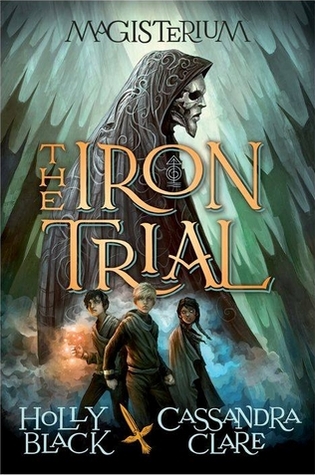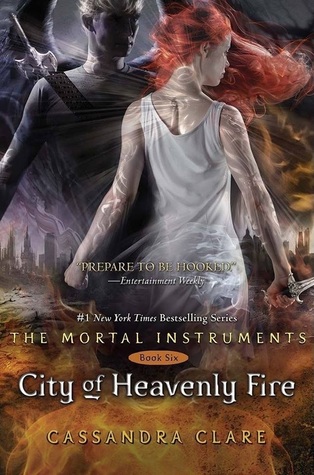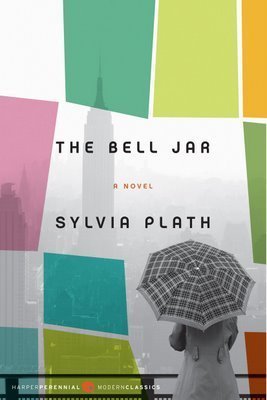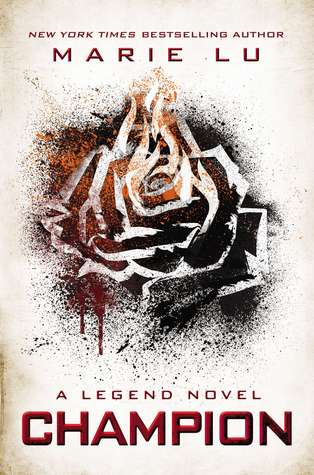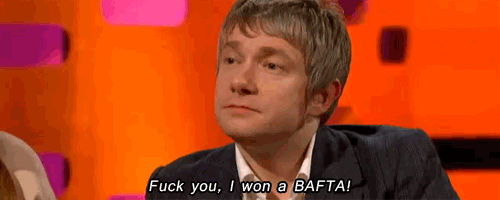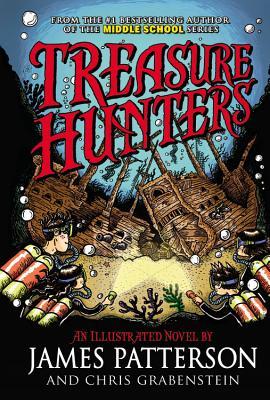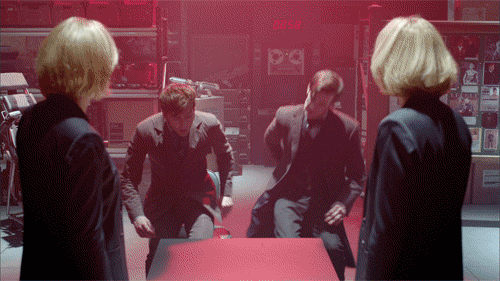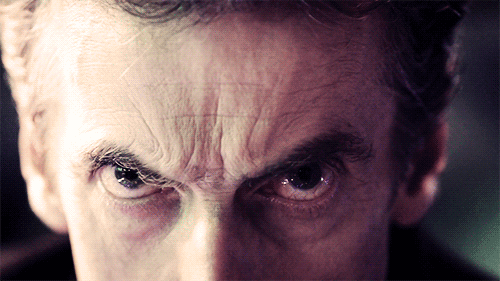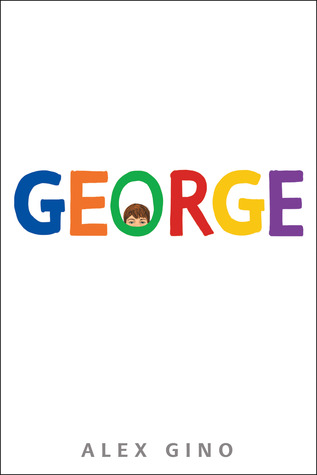 George
GeorgeAlex Gino
Series: N/A
Genre: Children's, LGBT+, Realistic Fiction
Release Date: August 25th, 2015
Publisher: Scholastic Press
Rating: 5 out of 5 stars
Goodreads | Amazon | Book Depository
This book is incredible, and I suggest you just go read it right now.
If you've read my review I.W. Gregario's None of The Above, or really any of my reviews, you'll have realized by now that while I do review books, I also mostly yell at books for not having certain progressive values or being diverse, or praise books that do have these things. George will fall, of course, to the latter category.
George follows the story of a young girl. The only problem with this, and the central struggle of this story, is that no one else knows she is a girl. This is because George is male, and the world around her is a terrifyingly gendered place.
This causes many problems in George's life. As a ten-year-old, she has to hide "girl" magazines, inside which she's made friends with all of the pictures of models and often dreams of wearing bikinis at the beach with them. George hides these magazines and other behavior (like pulling her hair down the middle from its part to pretend she has bangs, and using lots of shampoo to cover her genitalia while she bathes, as she is uncomfortable with it) because she does not want to strain her relationship with her mom. She fears her mom's disapproval, and it stems from recent memory. George's mother has caught her in the past with feminine clothing and, while she considered it cute when George was three, she no longer does.
It is in this secret environment that George has to live. Behind the shadows, putting on a play for her mother because she cannot speak otherwise. This is incredibly important, because if you've read anything about trans or gender-non-conforming persons, this is generally the kind of childhood they grow up in. And that's what I really like about this book. Its accuracy and nuance are beyond my expectations for a children's book.
To be honest, I was completely expecting a simplified version of a trans youth. Instead, George offers exactly the kind of nuance that real trans people deal with. For example, George at one point questions whether she likes boys or girls more, and is unable to come up with a definite answer. Many of the trans people I know are bisexual/pansexual, and this is often erased in media and literature, so it's refreshing to see that in a children's book. George also questions if she'll want the surgeries available to trans people. And so on and so on. Basically, this book earned a lot of its stars just by being realistic and honest about the thoughts of trans kids, instead of being an oversimplified caricature.
Another thing I really like is that Gino writes George as a best case scenario. George's family is not rich, but they are not very poor. She has access to a good education, nice housing, food, and so on. Many LGBT+ youth are poor and deprived of many of the securities George has. Unlike None of the Above, George's secret is hers and she is not outed without her permission, which is very common among LGBT+ youth. George is white, and thus far less likely to be criminalized for being transgender. George's mom and brother care deeply for George and are there for her.
These facts make George's inner thoughts even more heartbreaking. Even with all of these things stacked on George's side, her world is still a broken place. For example, while her mother is caring, she refers to as George as her "little boy," often adding that nothing can change that fact, and though she means it endearingly, it further silences George from ever.
George has to perform for the whole world, even with her best friend Kelly. This is perhaps why Gino chose to use a play performed by the students in George's class as the central stage (puns!) for the conflict.
See, George really wants to be Charlotte in the Charlotte's Web play the school is putting on. Now, I'm not even going to go into why this whole set up is absolute literary genius. But while George practices very hard with Kelly, and has a wonderful voice, her teacher shoots her down because Charlotte is a girl's part.
Now, Charlotte is a spider. A spider. It's so massively ignorant to project human genders onto completely different animals. But this is common. Few people think about this, and George suffers from it. Kelly ends up getting the part, but because she's a wonderful human being, she starts scheming with George on how to get George to play Charlotte . . . and . . . possibly come out to her mom in that performance.
I love this set up, too. Because Kelly and one of George's family members (unexpected family members!!!) are the supporting characters for George's desires in the book. But neither are perfect. Kelly especially begins the book from an innocent place, not understanding George when she says that she is a girl. But later, Kelly evolves as the novel evolves and she becomes one of the biggest wells of courage and relief George is allowed.
I honestly could not find a single thing that I found that really dragged this novel down. I'm serious. George eats hot dogs at one point and I don't like hot dogs but really, that's not even important.
I can't imagine the struggle it must have taken to create such a beautiful piece of art. I just want to thank Scholastic team (I'm looking at you David Levithan) for fighting for this novel, and for Alex Gino's brilliance and dedication and bravery for creating it in the first place.
Just read this book, please. It's very short!
- Marlon
Charlotte or Wilbur?
Let us know in the comments!


